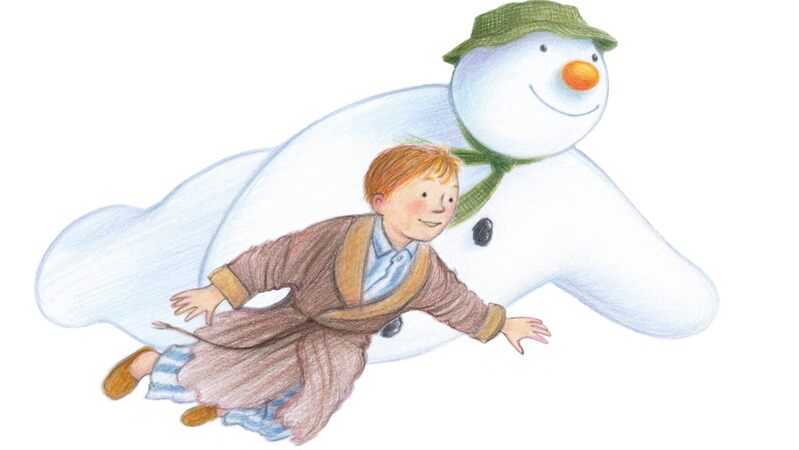You are viewing your 1 free article this month. Login to read more articles.
Academic Book Week to return in January
A second Academic Book Week will be held in January 2017, following the success of last November's inaugural event.
The week-long celebration of the innovation and influence of the academic book will run from Monday 23rd to Saturday 28th January. A highlight of the week will be the unveiling of the final report produced by the Academic Book of the Future, the two-year project run from the Centre for Publishing at University College, London, looking at how scholarly work in the arts and humanities will be produced, read and preserved in coming years. The report will be launched at the British Library on Wednesday 25th January.
Last year's ABW was the brainchild of the Academic Book of the Future project, and saw over 60 debates and discussions being held, as well as a public vote to decide the best book from a promoted list of “The 20 Academic Books that Changed the World”. Active participants included Cambridge University Press, Palgrave Macmillan, Sage, Liverpool University Press, Blackwell's, Waterstones and John Smith's.
Next January's ABW is still "closely aligned" to the Academic Book of the Future project, but now also has governance from the Association of Learning and Professional Society Publishers, The Booksellers Association, the British Library, The Publishers Association, Research Libraries UK and Midas PR.
Academics, booksellers, publishers and libraries are being invited to host events for the week and register them at www.acbookweek.com. A bookshop promotion will also be involved, with details yet to be divulged.
Alan Staton, head of marketing at the BA, said: "The booksellers were very enthusiastic about the week last year, and this time with genuine points of discussion such as the role of the campus bookshop as part of the ecosystem, and the coming TEF (Teaching Excellence Framework), the debates around the role of teaching resources will have even more relevance… We hope it becomes an annual event now."
ABW 2017 has been moved from November to January because the autumn is "really busy" for stakeholders, he said. "Everyone you spoke to thought January was better, and the way the end of the [Academic Book of the Future] report has fallen works very well with that."
With its new governance, the week will be more of a "festival of the academic book" than the original event, Staton added.














